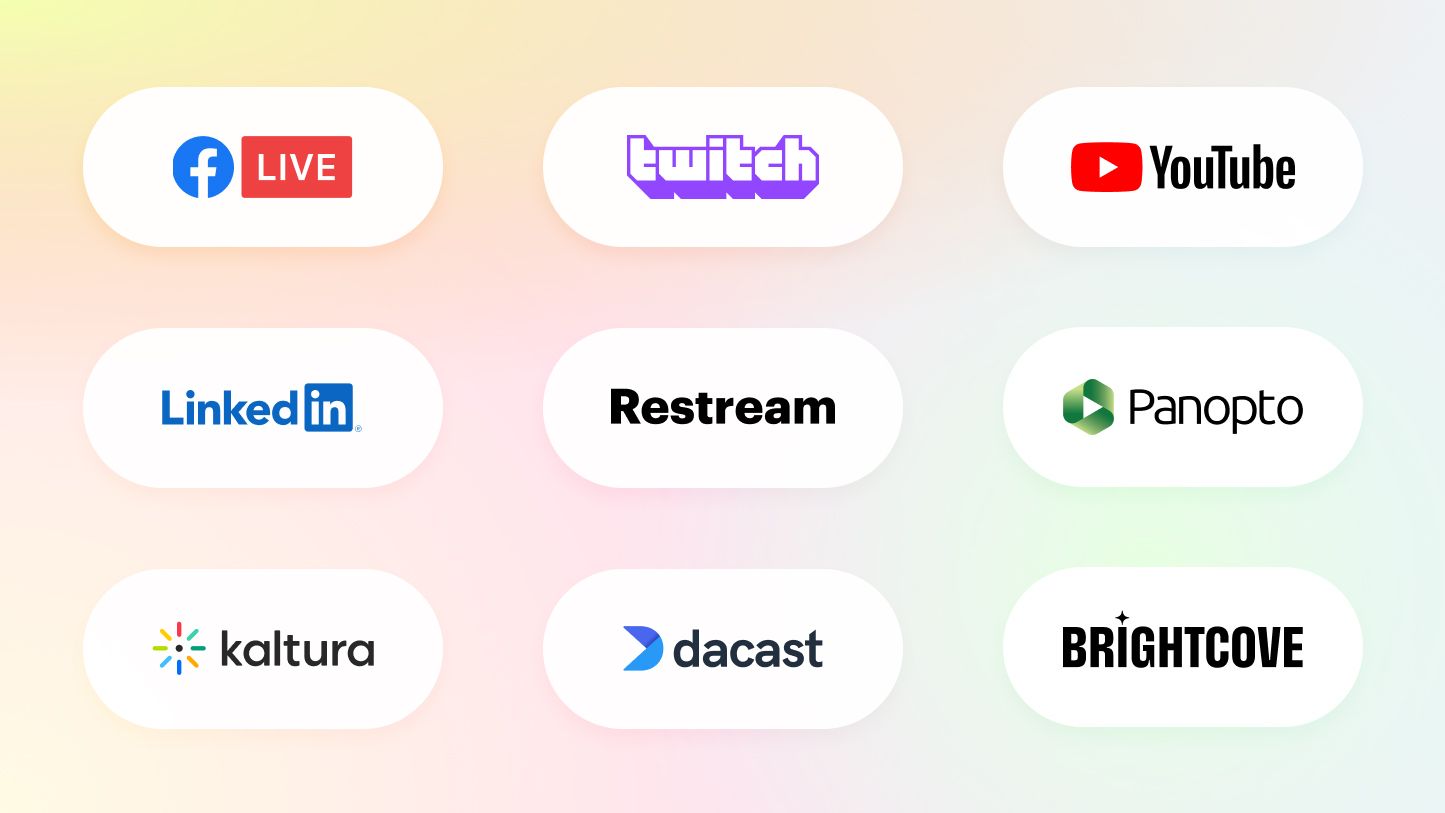Viva Resa: Your Gateway to Insightful Living
Discover news, trends, and tips for a vibrant lifestyle.
Streaming Shenanigans: Why You Can't Stop Watching Bad Shows
Discover the guilty pleasure of bad TV! Uncover why you can’t resist watching cringe-worthy shows in this entertaining deep dive.
The Psychology Behind Binge-Watching Bad TV: Why We Can't Look Away
Binge-watching bad TV has become a cultural phenomenon, a guilty pleasure that many indulge in. One key psychological factor behind this behavior is the concept of escapism. After a long day, viewers seek solace in storylines that are often unrealistic or over-the-top, allowing them to momentarily forget their own stresses and responsibilities. This desire for escape can create a compulsive cycle, where individuals find it difficult to turn off the screen, even when they recognize the show's shortcomings. Our brains are wired to seek exposure to narratives, and when a show is easy to digest, it becomes an inviting option for those seeking comfort.
Moreover, the psychology of social connection plays a significant role in our inability to look away from bad television. Shows that receive widespread attention often foster a shared cultural experience. Engaging in conversations about these series with friends or on social media further amplifies the urge to watch. This social validation can lead to a collective enjoyment of the show's flaws, turning it into a communal pastime. As viewers connect over shared disbelief or laughter about the absurdity of a plot twist, the experience transforms from solitary viewing into a bonding activity, making it even harder to resist that next episode.

Guilty Pleasures: Understanding Our Obsession with Terrible Shows
Guilty pleasures often arise from our need to escape reality, and what better way to do that than by indulging in shows that, while they may be considered 'terrible,' captivate our attention? Whether it's the outrageous plots or the over-the-top characters, we find ourselves drawn to these terrible shows that deliver a unique blend of laughter and disbelief. From reality TV competitions that seem to defy logic to melodramatic series filled with clichés, one thing is certain: we can't help but binge-watch them. This phenomenon ignites an undeniable fascination, leading us to question why we feel a sense of guilt while enjoying what we know is subpar entertainment.
Psychologically, our obsession with these shows may stem from a sense of community and belonging. As we share in the experience of watching and critiquing these guilty pleasures, we forge connections with others who share similar tastes. It becomes a form of social bonding; discussing the latest trainwreck of a reality show or rolling our eyes at the ridiculous plot twists can foster friendships. Moreover, indulging in terrible shows allows us to momentarily set aside the seriousness of life, giving way to laughter and light-hearted conversations. In essence, these guilty pleasures serve a greater purpose, proving that sometimes, it’s okay to enjoy something just because it makes us feel good.
Are You Addicted to Cringe? 5 Reasons We Love Watching Bad TV
In today's digital landscape, it's common for viewers to find themselves glued to the screen, eagerly watching shows that make them cringe. But what is it about these low-quality productions that keeps us coming back for more? Here are five reasons we love watching bad TV:
- Entertainment Value: There’s something inherently enjoyable about watching a train wreck unfold. Bad TV can provide a unique form of entertainment that good shows may lack, as we relish in the flaws and absurdities.
- Relatability: Many cringe-worthy moments echo familiar social situations, creating a sense of connection with the characters who stumble through embarrassingly awkward interactions.
- Community Experience: Watching bad TV has become a ritual for friends and family, providing ample opportunities for laughter and shared inside jokes that turn cringe-worthy moments into cherished memories.
Furthermore, the phenomenon of bad TV addiction can lead to a delightful form of escapism. Viewers often feel free to criticize and mock the plotlines or character choices, fostering a sense of superiority over the content.
As the saying goes, 'At least my life isn’t that messy!'Additionally, these shows can be surprisingly engaging, pulling us into bizarre storylines that defy logic, keeping our interest piqued. So, the next time you find yourself binge-watching a notoriously awful series, embrace the cringe and remember that you’re not alone—many others share your guilty pleasure!